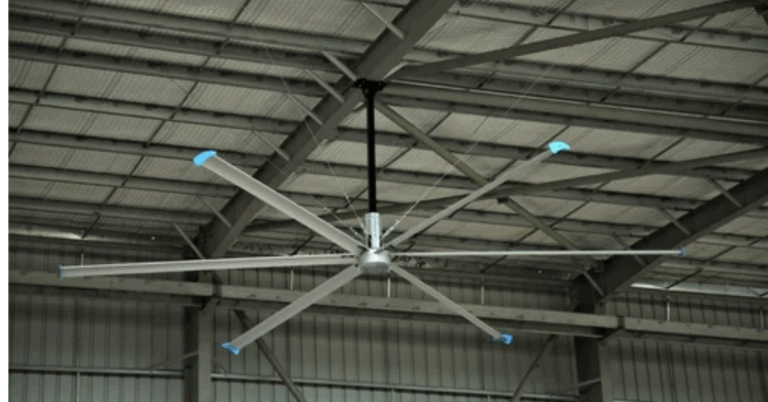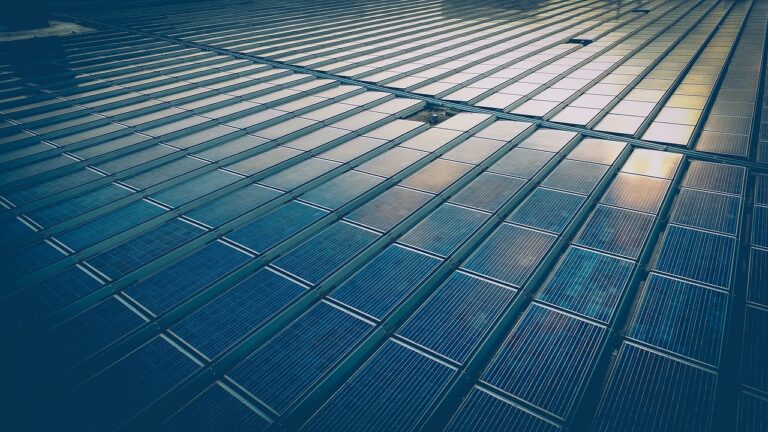Exploring the Role of Hardware in Precision Agriculture
bet bhai, cricket bet 99, diamondexch9: —
In today’s modern world, technology plays a crucial role in nearly every industry, and agriculture is no exception. Precision agriculture, also known as precision farming or smart farming, is a farming management concept that utilizes technology to optimize crop yields and reduce waste. One of the key components of precision agriculture is hardware, which includes various devices and equipment that help farmers collect and analyze data to make informed decisions about their crops.
**What is Precision Agriculture?**
Precision agriculture is a farming management concept that utilizes technology to optimize crop yields and reduce waste. By using hardware such as sensors, drones, GPS technology, and advanced machinery, farmers can collect valuable data about their crops, soil, and weather conditions to make informed decisions.
**The Role of Hardware in Precision Agriculture**
Hardware plays a crucial role in precision agriculture by enabling farmers to collect, monitor, and analyze data in real-time. Some of the key hardware used in precision agriculture includes:
**Sensors**: Sensors are devices that can measure various parameters such as soil moisture, temperature, nutrient levels, and crop health. By using sensors placed throughout their fields, farmers can gather real-time data to make accurate decisions about irrigation, fertilization, and pest control.
**Drones**: Drones are unmanned aerial vehicles equipped with cameras and sensors that can capture high-resolution images of crops and soil. By flying drones over their fields, farmers can monitor crop health, detect pests and diseases, and assess the overall condition of their crops.
**GPS Technology**: Global Positioning System (GPS) technology is used in precision agriculture to track the location of farm equipment and create detailed maps of fields. By using GPS technology, farmers can precisely plant seeds, apply fertilizers, and harvest crops, leading to increased efficiency and reduced waste.
**Advanced Machinery**: Advanced machinery such as tractors equipped with GPS technology and automated systems can help farmers perform tasks such as planting, spraying, and harvesting with precision. These machines can be programmed to follow specific routes and adjust their operations based on real-time data, leading to improved crop yields and reduced labor costs.
**The Benefits of Hardware in Precision Agriculture**
The use of hardware in precision agriculture offers numerous benefits for farmers, including:
– Increased Efficiency: By using sensors, drones, and GPS technology, farmers can optimize their operations and make timely decisions to maximize crop yields and reduce waste.
– Improved Crop Health: Hardware such as sensors and drones can monitor crop health and detect pests and diseases early, allowing farmers to take proactive measures to prevent damage.
– Reduced Environmental Impact: Precision agriculture enables farmers to apply fertilizers and pesticides more precisely, reducing the risk of runoff and pollution.
– Cost Savings: By using advanced machinery and technology, farmers can reduce labor costs and improve operational efficiency, leading to overall cost savings.
**Challenges of Hardware in Precision Agriculture**
While hardware plays a crucial role in precision agriculture, there are some challenges that farmers may face, such as:
– Initial Investment: The cost of purchasing and implementing hardware can be a barrier for some farmers, especially small-scale farmers with limited resources.
– Data Management: Collecting and analyzing large amounts of data from sensors, drones, and machinery can be overwhelming for farmers, requiring them to have the necessary infrastructure and knowledge to manage the data effectively.
– Connectivity: In remote areas with poor internet connectivity, farmers may face challenges in accessing and transmitting data from their hardware devices.
**Conclusion**
In conclusion, hardware plays a critical role in precision agriculture by enabling farmers to collect and analyze data to make informed decisions about their crops. By utilizing sensors, drones, GPS technology, and advanced machinery, farmers can optimize their operations, improve crop yields, and reduce waste. While there are challenges associated with implementing hardware in precision agriculture, the benefits far outweigh the drawbacks, making it an essential tool for modern farming practices.
—
**FAQs**
1. What is precision agriculture?
Precision agriculture is a farming management concept that utilizes technology to optimize crop yields and reduce waste.
2. What are some examples of hardware used in precision agriculture?
Some examples of hardware used in precision agriculture include sensors, drones, GPS technology, and advanced machinery.
3. What are the benefits of using hardware in precision agriculture?
The benefits of using hardware in precision agriculture include increased efficiency, improved crop health, reduced environmental impact, and cost savings.
4. What are some challenges of using hardware in precision agriculture?
Some challenges of using hardware in precision agriculture include the initial investment cost, data management issues, and connectivity issues in remote areas.







